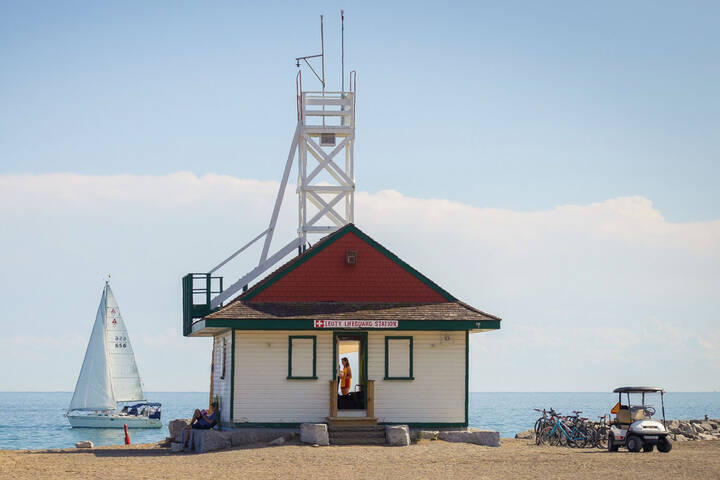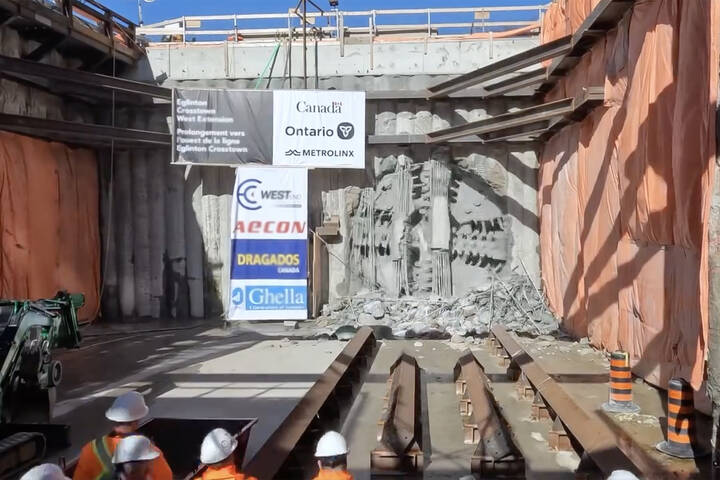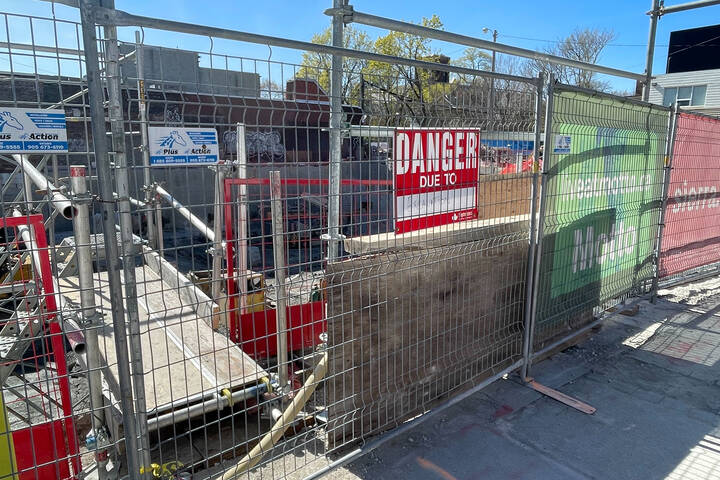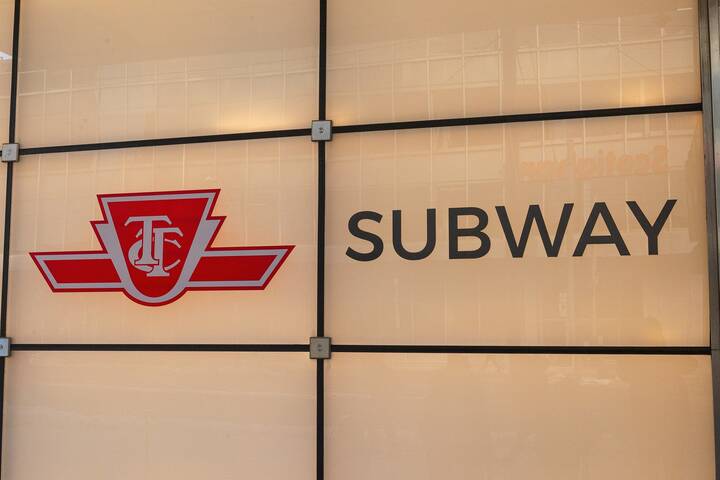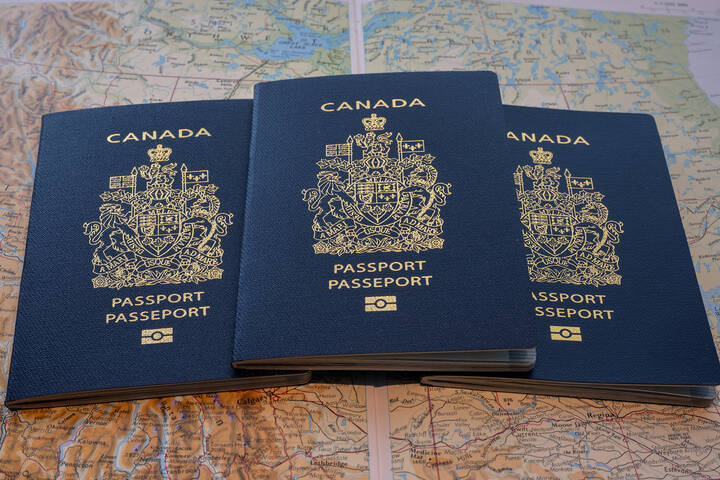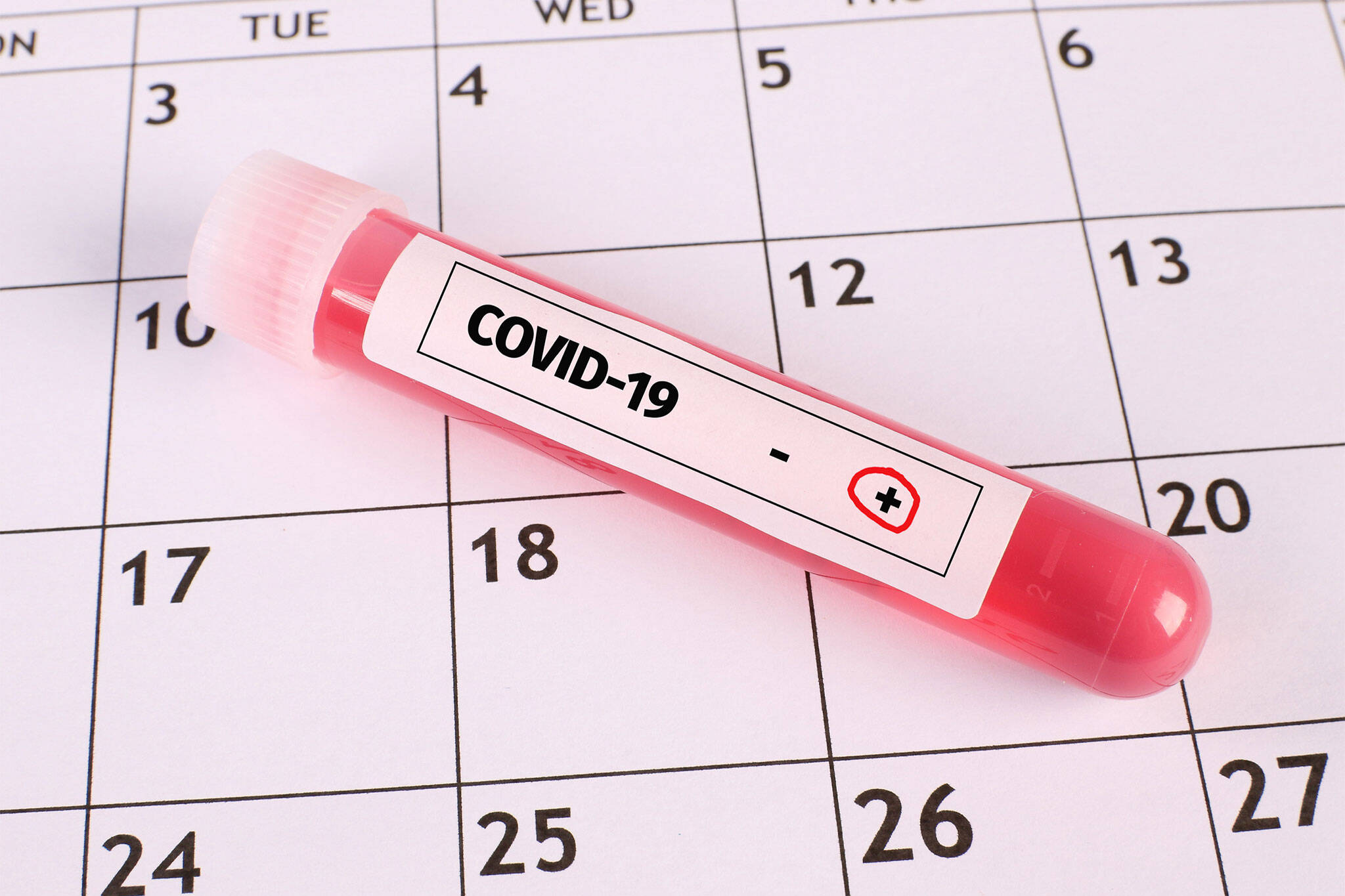
This is why we don't have a rapid COVID-19 test in Toronto yet
A rapid COVID-19 test in Toronto seems to be what everyone wants right now with cases spiking again and lines for testing becoming increasingly long.
The U.S. has had rapid tests approved for months but Health Canada has yet to give the green light for any of the devices currently on the market.
So what is it and why don't we have it yet? Here's everything you need to know about rapid testing in Toronto.
What is a rapid COVID-19 test?
Rapid tests, also known as point-of-care diagnostic tests, are COVID-19 tests that use a mucus sample from the nose or throat.
Unlike the current method of testing the sample can be analyzed at the doctor’s office or clinic and results may be available in minutes.
These types of tests are either molecular or antigen tests, although most rapid tests on the market right now are antigen tests.
How does the rapid COVID-19 test work?
It depends on which type of test it is. Molecular tests detect the virus’s genetic material in a sample — either saliva or a throat/nose swab —whereas antigen tests detect specific proteins on the surface of the virus using a throat or nose swab sample.
The health care professional will take the sample and put it on a testing card with a testing reagent added, wait 15 minutes and read the results directly from the testing card. It's a bit like a pregnancy test, where one line indicates a negative result and two lines indicate a positive result.
These types of tests diagnose active coronavirus, unlike an antibody test, which detects if you've been exposed to the virus.
How is a rapid COVID-19 test different from the current tests?
The current COVID-19 test is a type of molecular test that uses a nasal or throat swab to collect the virus's genetic material, but unlike rapid tests, the COVID-19 tests right now involve multiple steps that add hours, if not days, to processing time.
In current tests, after the sample is collected it needs to go to a lab. Some hospitals have labs on site, but if not the sample is transported to a lab that can process it. This sometimes takes upwards of 24-hours.
Then, to see if the sample is positive for COVID-19, the RNA needs to be extracted and mixed with special chemicals.
Then technicians run those combinations in a machine for analysis in a process called polymerase chain reaction (PCR), which can detect whether the sample is positive or negative for COVID-19. A PCR test takes six hours from start to finish to complete.
Other restrictions, such as capacity and supply shortages also add time, which is why current testing can take several days to return results.
How accurate are rapid COVID-19 tests?
The current COVID-19 test is extremely accurate, it's able to identify positive cases almost 100 per cent of the time.
Rapid antigen tests are also considered very accurate but they're not as sensitive as molecular tests that get analyzed at a lab, so negative results may need to be confirmed with a molecular test.
Why isn't a rapid COVID-19 test available?
According to Health Minister Patty Hajdu, Health Canada isn't satisfied with any of the options it has been reviewing for rapid COVID-19 testing devices.
"We have not had a test submitted to Health Canada for approval yet that satisfies the regulator's concerns around accuracy," she said during a press briefing. "We're not there yet.
"We will not, at Health Canada, approve a test that in any way, endangers Canadians' health and I will say tests that don't have a degree of accuracy to the satisfaction of the regulators can actually create further harms in communities."
When might a rapid COVID-19 test be available?
Considering the U.S. has already approved multiple rapid tests, it's likely only a matter of time before Health Canada gives the go-ahead for rapid testing alongside other forms of testing.
Further, Hajdu recently announced she will form a panel of experts to help the government review its testing device strategy.
She said this advisory panel will "help us look at combinations of testing strategies."
Where will you be able to get a rapid COVID-19 test?
Premier Doug Ford announced that the province is preparing to deploy testing to hundreds more sites at retailers, such as pharmacies.
So when rapid testing is available you will likely be able to get it in places like doctors' offices, pharmacies, emergency rooms and testing sites.
They may also be used in schools and there could even be an at-home option.
Latest Videos
Latest Videos
Join the conversation Load comments
